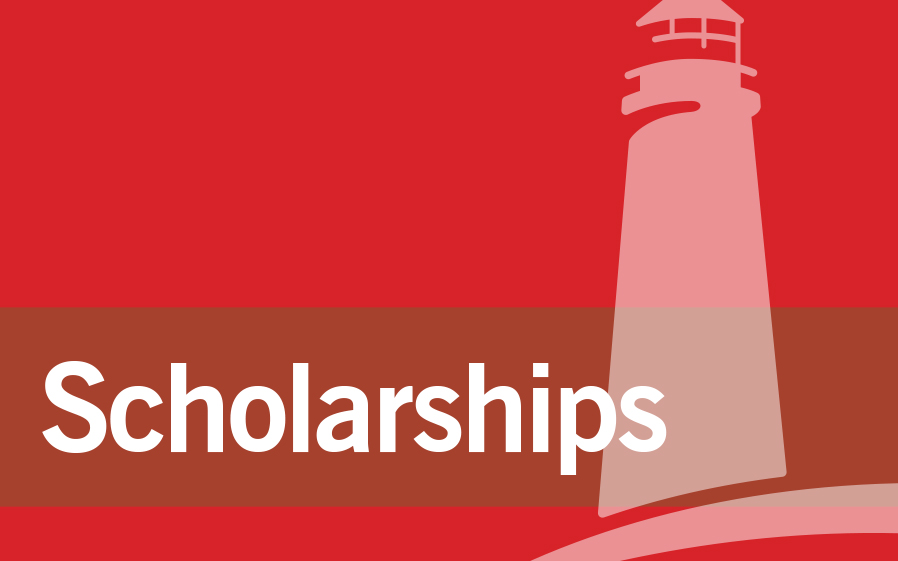As we wrap up our scholarship season, we were fortunate to provide over $500,000 in scholarships to students in Northwest Ottawa County. We hold over 100 scholarship funds with varying criteria, such as financial need, academic achievements, and field of study. Another factor our scholarship committee considers is if a student would be among the first in their family in their generation to continue their education after high school.
We’re taking time to reflect on the 2019 applicant pool and the act of balancing our donors’ wishes to support local students with the current needs of our students.
There is a growing, nation-wide conversation among scholarship providers on how to best support and engage first-generation college students; our scholarship committee and team are no different. We talk a lot about first-generation college students throughout our selection process, but what does it mean to be a first-generation college student? Maybe these students come from a home where neither parent attended college, or maybe their parents attended but didn’t earn a bachelor’s degree. However we define a first-generation college student, we know that they enroll in and complete post-secondary credentials at a much lower rate than their peers. Nationally, a third of first-gen students dropped out of college, compared to 14% of their fellow classmates. We know these students face struggles at a much higher rate than their non-first-generation peers—college readiness, college access and retention, financial stability, etc.—and many times, they continue to face challenges to their success once they enroll in college.
Deeper Dive: NBC News recently released an article highlighting the some of these challenges.
Our role as a community foundation is to support our students and continue to explore ways to lift them up. This work can be seen through our educational initiatives, such as the Tri-Cities Career Access Network (TCAN). TCAN encourages the attainment of credentials necessary, providing self-sufficiency and mobility in our community. TCAN also supports students through the provision of a College Advisor at each of our local high schools, specifically assisting students (particularly first-generation and/or low-income students). The College Advisor helps to break down barriers that may prevent first-gen students from pursuing education post high school, most notably through college access services such as early awareness materials, pre-college advising specific to admissions and financial aid, college readiness.
In addition to the TCAN program, GHACF’s competitive scholarship program provides an opportunity for students to apply for a scholarship to help fund their post-high school education. The funds are established by donors and many have specific criteria, while others are more general. Within our selection process, we look closely at self-identified first-generation students and strive to support these students, as appropriate, from our resources. In 2018, we provided scholarships to 64% of the first-generation students who applied, and this year, we have awarded scholarships to 86% of first-generation applicants.
The cost of education continues to rise. When asked about the impact of a community foundation scholarship, one of our first-generation scholarship recipients said:
“It has definitely made me more relieved in terms of how I am going to pay for college. For my situation right now, I’m the one that’s paying for my education and so having financial support from GHACF lessens my worries of not being able to pursue education because of financial difficulties. It has also allowed me to focus more on academics and not have as much stress. I’m truly thankful for all the scholarship awards from GHACF.”
All students face challenges transitioning from high school to post-secondary education and, after that, to the professional world. Research states that first-generation students experience these challenges at a higher rate throughout their college journey, especially in developing professional skills and career experience. It’s important that we not only provide college access support services to these students, but that we also provide college success services in the form of a one-, two-, or four-year scholarship, as our funding allows. All students in our community have the potential to achieve big things, and we’re here to support our community members—first-generation, low-income, non-traditional, traditional, credential seeking, etc.—as they pursue the next step in their educational journey.
For more information about our scholarship process, please contact Lauren Grevel, Education and Youth Initiatives Officer, at lgrevel@ghacf.org.
